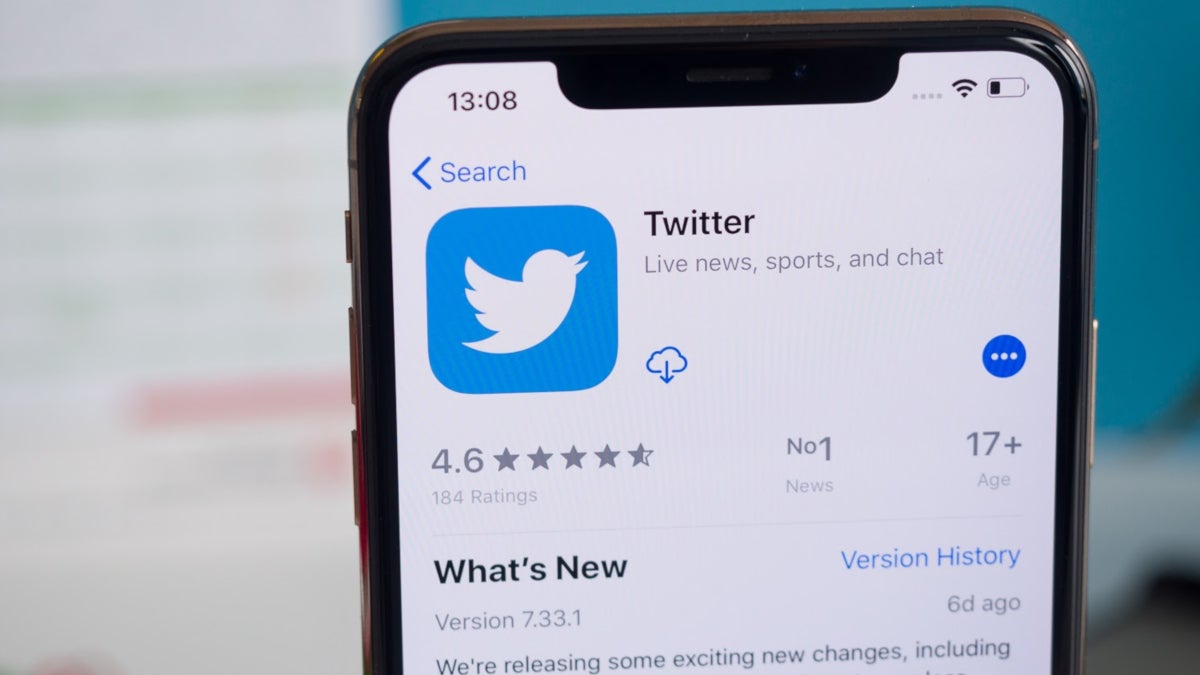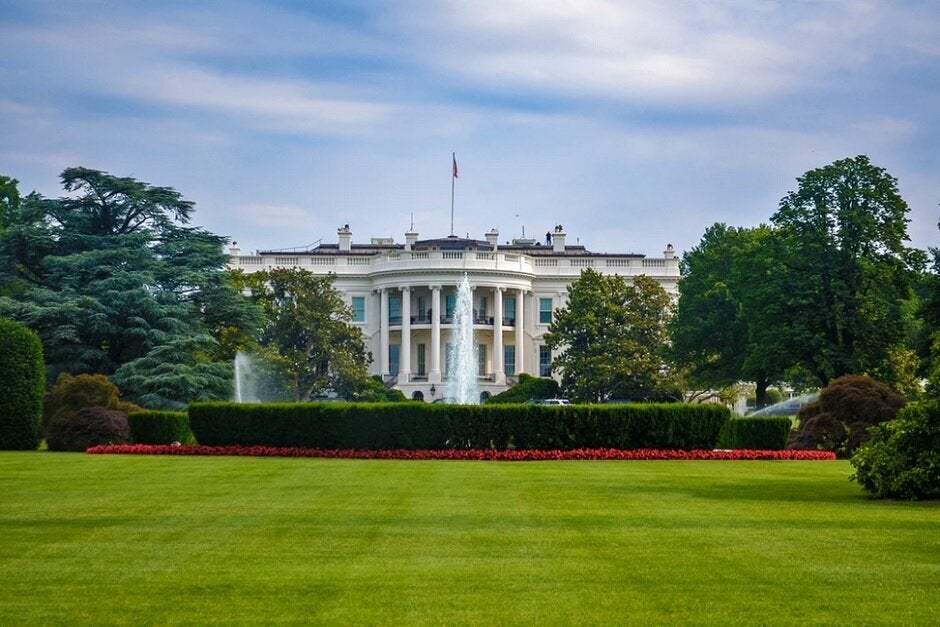Executive Order draft reveals Trump's plan for revenge against Twitter and other platforms

After being offended by Twitter's fact-checking of a tweet he disseminated about mail-in ballots, President Donald Trump on Wednesday threatened to regulate social media by issuing an executive order. This morning, Reuters has posted more information about what the president is going to demand. The news service says that Trump is going to order the review of a law called Section 230 that protects firms operating on the internet from liability based on comments posted by the platform's users.
Trump's executive order will also call for the review of "unfair or deceptive practices" by Facebook and Twitter, and will pull government advertising on social media sites judged to "violate free speech principles." Ironically, Section 230 has been criticized for a completely different reason; critics argue that it allows large companies to pass along hate speech and content supporting terrorist organizations. The Trump administration wants to use the law to block a company from posting bad things about the president that Trump doesn't like. Fact-checking his falsehoods about mail-in ballots would be one example.
Trump's executive order related to social media sites will have little legal effect says a constitutional law professor
On Twitter's web site yesterday, company CEO Jack Dorsey wrote that Trump's tweets about mail-in ballots "may mislead people into thinking they don’t need to register to get a ballot. Our intention is to connect the dots of conflicting statements and show the information in dispute so people can judge for themselves."

After being fact-checked by Twitter, President Trump has gone on the rampage against social media companies
Trump has often claimed that social media sites are biased in favor of the Democrats, an argument he made to attack Google Search back in 2018. Trump has also leveled the same charges against Twitter and Facebook. The president could be hurting his own reelection chances since the Trump campaign advertises heavily on Facebook and the president often uses Twitter to broadcast his policies such as his desire to regulate social media for example.
Jack Balkin, a Yale University constitutional law professor, says, "The president is trying to frighten, coerce, scare, cajole social media companies to leave him alone and not do what Twitter has just done to him. The professor called the executive order "mostly smoke and mirrors" and said that it would have little effect legally. The executive order will ask the FCC to regulate Section 230, which is part of a 1996 law called the Communications Decency Act. Trump's executive order will require the FCC to determine whether a social media company is moderating content using deceptive policies and if the company is not following its own terms of service. The FCC will reportedly be asked in the executive order to look at whether the editing of content by social media firms should lead these companies to lose their Section 230 protection.
Another part of the draft executive order calls for the White House Office of Digital Strategy to release a tool that will allow consumers to make complaints about social media sites that practice censorship (you can see the irony here, right?). The complaints will be sent to the Justice Department (DOJ) and the Federal Trade Commission (FTC). The FTC will then investigate a complaint to see if the actions taken by a social media company violate the law. These complaints will be publicly available. In addition, the Attorney General will create a working group made up of state attorneys general that will look at state laws to make sure that they disallow unfair and deceptive acts to be committed by online platforms.
As you might imagine, Twitter's fact-checking of the president has ignited a political firestorm. On FOX News yesterday, FCC Commissioner Brendan Carr called out Twitter stating that the company had decided "to engage the president of the United States with its own partisan, political viewpoint."
Follow us on Google News












Things that are NOT allowed:
To help keep our community safe and free from spam, we apply temporary limits to newly created accounts: